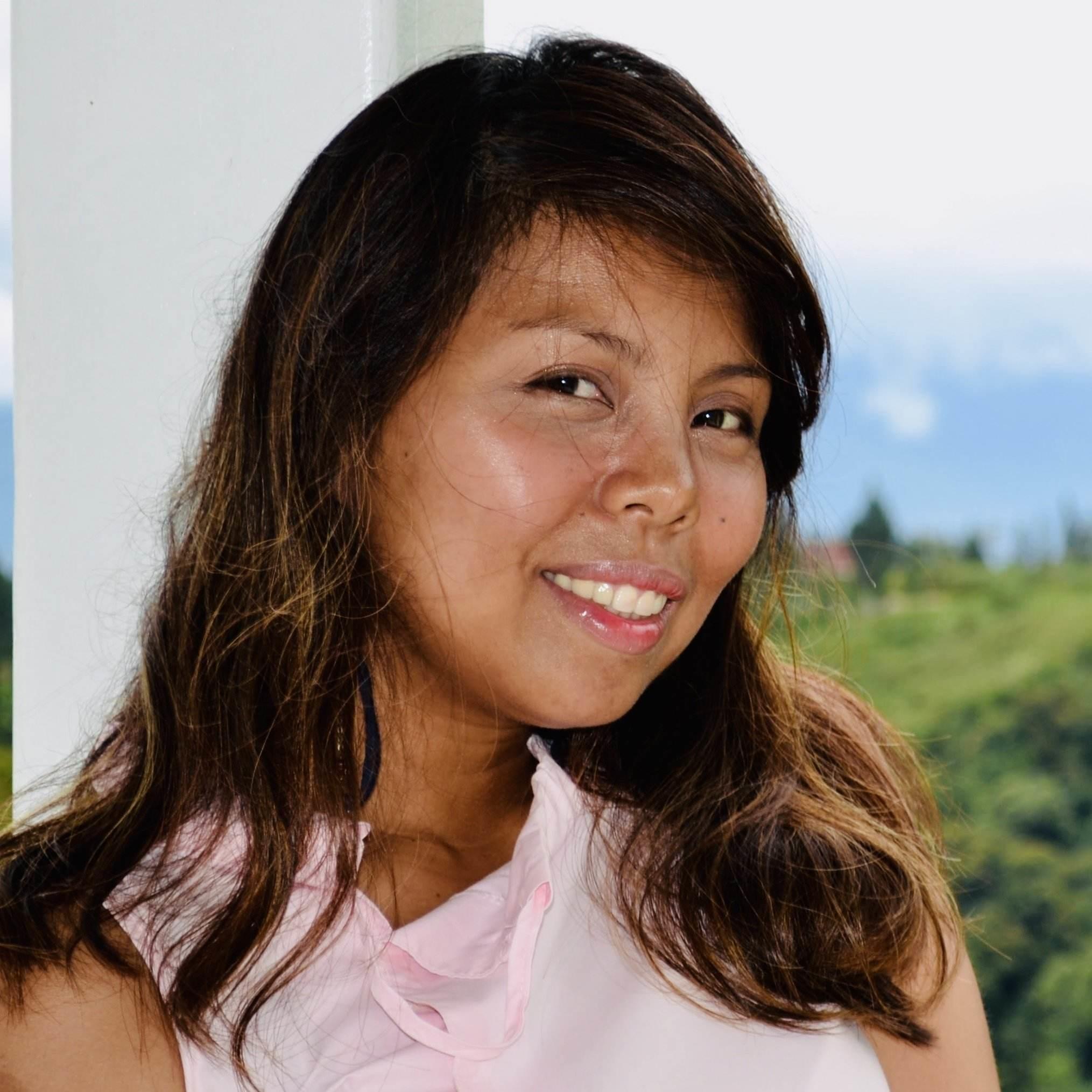

I’ve been working at the Philippine Trade Training Center, now the PTTC Global MSME Academy (PTTC-GMEA), for almost 5 years now. One of my regular tasks is to facilitate training programs, which requires being in front of a number of participants.
It wasn’t an easy ride at first, given my Tourette Syndrome (TS), a neurological condition characterized by multiple involuntary motor and vocal tics. Imagine a training coordinator suddenly making some strange movements like eye rolling, feet stamping, or creating some sounds similar to a shout. (READ: When diseases have a bad name, change is hard)
The day after I conducted my first training program, someone commented, “Hindi siya dapat pang-frontliner dahil sa condition niya (She shouldn’t be a frontliner because of her condition).”
I was hurt that time, but I didn’t let it stop me. Instead, I focused on the colleagues who believed in me and on the tasks that my bosses gave me. Some tasks assigned to me were really challenging. I felt they had so much trust in me that I sometimes asked myself, “Are they forgetting that I have TS?”
Whenever I’m required to face hundreds of people or represent the Center in media interviews, I would think, “If they never doubted me, why would I doubt myself?”
I decided to inform the participants, at the beginning of every seminar, about my condition. There was never an instance that it appeared in the evaluation form that my tics distracted the participants from learning ever since I started that practice.
Five years after hearing that comment, I am still here. Recently, PTTC-GMEA Executive Director Nestor Palabyab (ED Nes), would often tell me: “Alam mo, natutuwa ako sa iyo (You know, I’m pleased with you). You are a perfect example of inclusivity.”
That is why I thought of holding the Annual Gathering of the Philippine Tourette Syndrome Association (PTSA) in one of the seminar rooms of PTTC-GMEA which happened on March 20, 2019. PTSA is a non-profit organization that aims to promote awareness about TS.
In his inspirational message to PTSA members, ED Nes said: “We have the rights and the honor of being part of the human race. And we shouldn’t think of our imperfection to stop [from reaching] our dreams and ambition.” (READ: Man born with no hands finds his 'hidden ability' in miniaturest
“Empowerment knows no boundaries like looks, gender, religion, even our physical infirmities perhaps. Given the premise that everybody has their place under the sky, ganoon din dapat maalala ang mga may Tourette Syndrome (That’s how people with Tourette Syndrome should be remembered) as members of the society,” he added.
“But we can only realize that by supporting each other. And support is always necessary for us to move forward, because if we don’t have support, it's a lonely world,” ED Nes emphasized.

The annual gathering was open to public – relatives, students, researchers, and even advocates. PTSA President Marlon Barnuevo gave a 15-minute talk about TS, which tackled its possible causes, symptoms and manifestations, and the struggles of people with TS.
As ED Nes said, “We all need support.” I know that I wouldn’t be where I am now had it not been for the trust and support of my colleagues, especially the bosses who never doubted to give me challenging tasks and big projects.
Aside from facilitating training programs, my job now includes attending different meetings and events with partners and stakeholders, which sometimes includes high-ranking officials and foreign nationals.
Now, during the introduction at the beginning of the meeting, I would only have to say, “Just to make you aware, I have Tourette Syndrome” and they would just smile and say, “Oh, okay,” making me feel that it’s just normal and the meeting would just go as it is even with my body twitches and sound effects.
I couldn’t overemphasize how the trust that my bosses give me helps me to grow not just as a professional but also as an individual.
PTTC-GMEA has always believed in me, so I have no reason not to believe in myself. It is the epitome of inclusivity. It shows that each one of us can contribute to development and economic growth regardless of our condition. It shows that the government can do their part by seeing people with disabilities not just as beneficiaries of the programs but also as partners in economic development. – Rappler.com
Guia Roa Soriano is the acting head of the Lifestyle Strategic Business Unit of the Training Division of the Philippine Trade Training Center - Global MSME Academy (PTTC-GMEA).


































